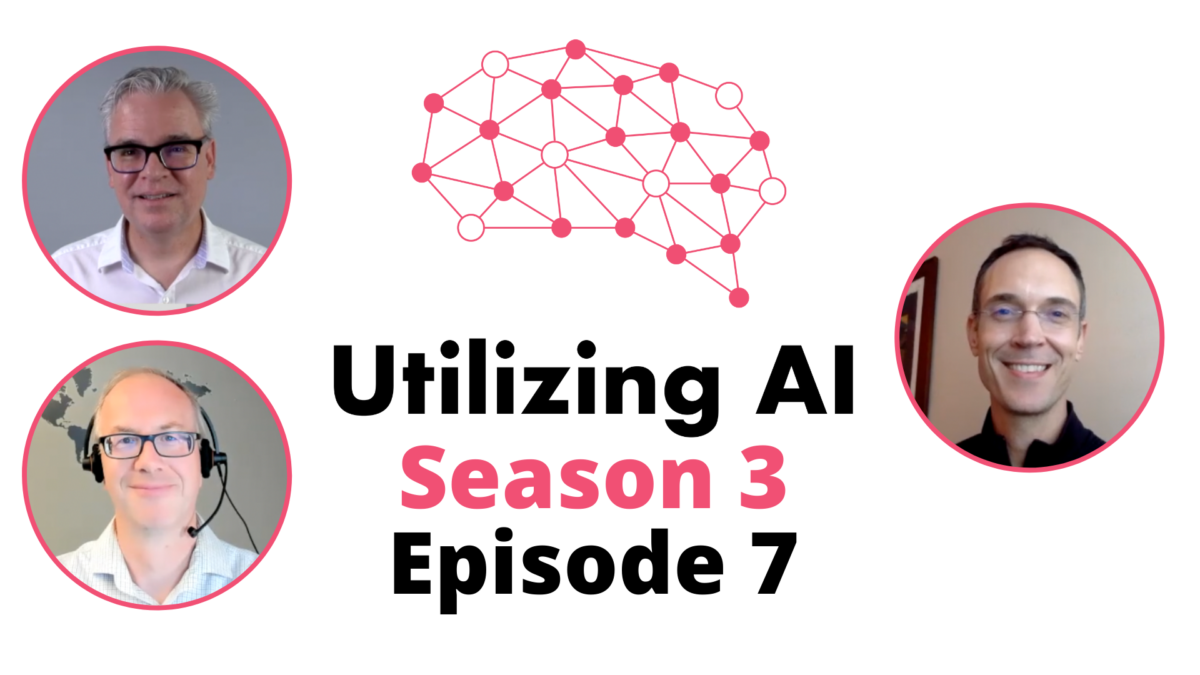Demand for AI compute is growing faster than conventional systems architecture can match, so companies like Cerebras Systems are building massive special-purpose processing units. In this episode, Andy Hock, VP of Product for Cerebras Systems, joins Frederic Van Haren and Stephen Foskett to discuss this new class of hardware. The Cerebras Wafer-Scale Engine (WSE-2) has 850,000 processors on a single chip the size of a dinner plate, along with 40 GB of SRAM and supporting interconnects. But Cerebras also has a software stack that integrates with standard ML frameworks like PyTorch and TensorFlow. Although the trillion-parameter model is a real need for certain applications, platforms need to be flexible to support both massive-scale and more mainstream workloads, and this is a focus for Cerebras as well.
Three Questions
- Frederic’s Question: How small can ML get? Will we have ML-powered household appliances? Toys? Disposable devices?
- Stephen’s Question: Will we ever see a Hollywood-style “artificial mind” like Mr. Data or other characters?
- Leon Adato, host of the Technically Religious Podcast: I’m curious, what responsibility do you think IT folks have to insure the things that we build are ethical?
Guests and Hosts
Andy Hock, VP of Product at Cerebras Systems . Connect with Andy on LinkedIn. Follow Cerebras Systems on Twitter at @CerebrasSystems .
Frederic Van Haren is the CTO and Founder at HighFens Inc., Consultancy & Services. Connect with Frederic on LinkedIn or on X/Twitter and check out the HighFens website.
Stephen Foskett, Organizer of the Tech Field Day Event Series, part of The Futurum Group. Find Stephen’s writing at GestaltIT.com, on Twitter at @SFoskett, or on Mastodon at @[email protected].

